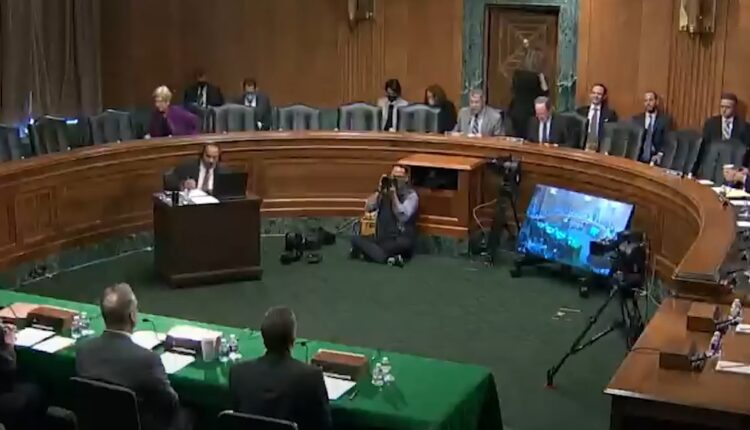
Zuanic & Associates: SAFE Banking Likely Has The 60 Votes Needed In The Senate To Avoid A Filibuster
Zuanic & Associates’ latest report outlines a roadmap for the SAFE Banking Act in the US cannabis industry, emphasizing the significance of rescheduling, US exchange uplisting, and a potential “Cole Memo II” (Garland Memo) as more critical catalysts than the bill itself.
Sign Up For The TDR Newsletter
On The Cole Memo II
- The 2013 Cole Memo, named after former Obama-appointed Deputy Attorney General James Cole, adopted a hands-off approach to federal marijuana prosecutions in states with marijuana-friendly policies. It was rescinded in 2018 under Trump, giving federal prosecutors more discretion in marijuana-related cases.
- AG Merrick Garland’s stance coincides with a hands-off approach, suggesting a potential return to the Cole Memo’s principles. This parallels the trend of state-level cannabis legalization.
Road Steps And Catalysts Ahead
According to Zuanic, delays in the mark-up vote could, potentially, signify positive developments. The SAFE Act filed jointly in both the House and Senate in 2023, has gained bipartisan support, and the delays may be aimed at securing more votes.
The report outlines key steps and potential catalysts for the SAFE Banking Act’s progress:
- Senate Banking Committee mark-up vote scheduled for late September.
- Examination of how 11 Republicans in the Senate Banking Committee might vote.
- Anticipation of changes or add-ons to the final bill before the mark-up vote.
- Senate floor vote scheduled for November, with potential amendments.
- Senate Majority Leader Chuck Schumer’s role in bringing the bill for a vote.
- Potential paths for passage if the Senate approves.
“If SAFE passes the Senate, there are two potential paths: a prolonged process until mid-2024 with House debates and votes, or a quicker passage through inclusion in a must-pass year-end bill. However, the likelihood of passage in the GOP-controlled House without overwhelming Senate support is low. Passage via the Omnibus or NDAA might offer a faster route,” Zuanic wrote.
Low 60s In The Senate
The report delves into various scenarios and examines the critical role Senate Republicans play in securing the vital 60th vote for the SAFE Act, all while discussing the likelihood of achieving this support.
It also recognizes potential derailing risks from including last-minute social equity add-ons or floor amendments in the Senate that could influence Republican support for the bill.
Tallying SAFE Banking Supporters: A Congressional Headcount
As of September 18, 2023, the sponsors of the SAFE Banking Act include 71 members in the House (HR 2891: SAFE Banking Act of 2023), consisting of 52 Democrats and 19 Republicans.
Notably, Representative David Joyce (R-OH) serves as the Primary Sponsor among Republicans.
In the US Senate, there are 34 Senate Democrats and Independents (31+3) and eight Republican co-sponsors. Seven Republicans are co-sponsors, with Steve Daines (MT) serving as the lead sponsor.
The other Republican co-sponsors are Bill Cassidy (LA), Kevin Cramer (ND), Susan Collins (ME), Cynthia Lummis (WY), Lisa Murkowski (AK), Rand Paul (KY), and Dan Sullivan (AK).
To reach the required 60 votes in the Senate, the report goes through a process of elimination. According to Z&A, despite some optimism, it is challenging to believe claims that the SAFE Banking Act could secure over 70 votes in the Senate, with the most likely scenario being that it barely reaches 60 votes or even falls short.
The report estimates a 50-60% chance of success in the Senate and slightly better odds via a must-pass bill in the House at year-end, but less than a 40% chance if pursued as a standalone bill in the House next year.



